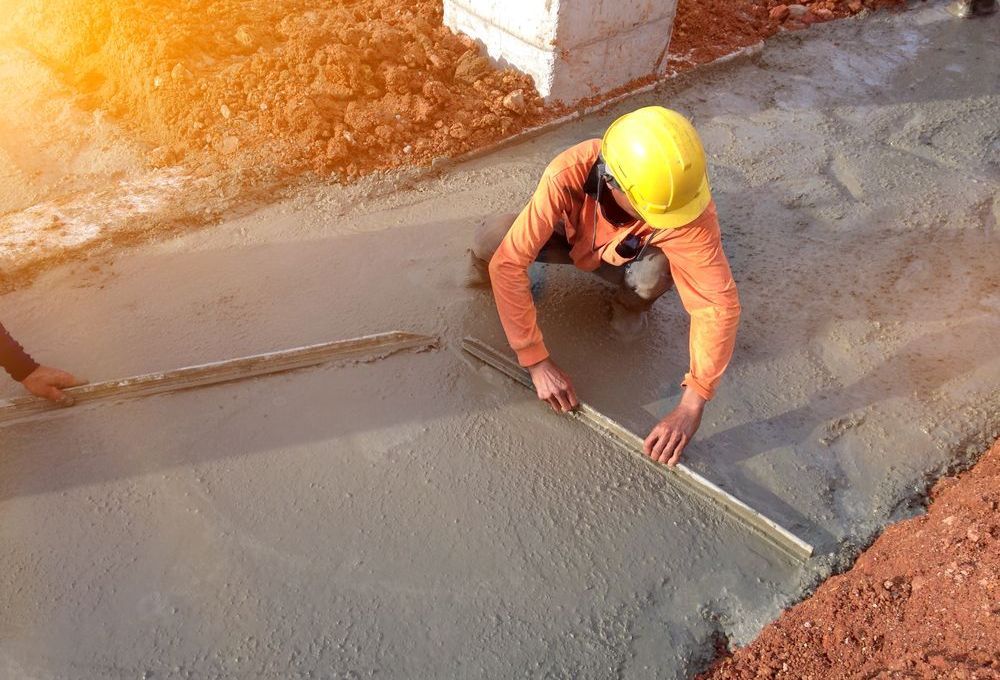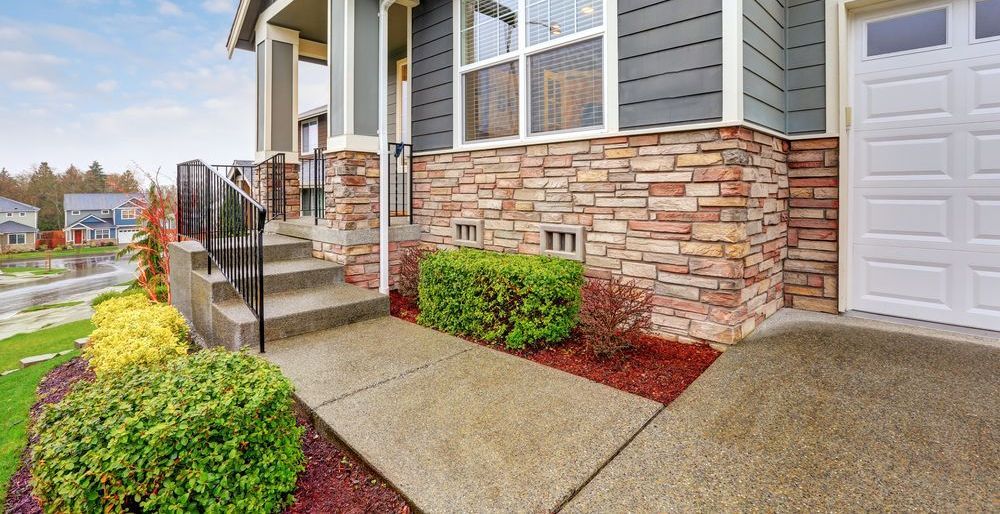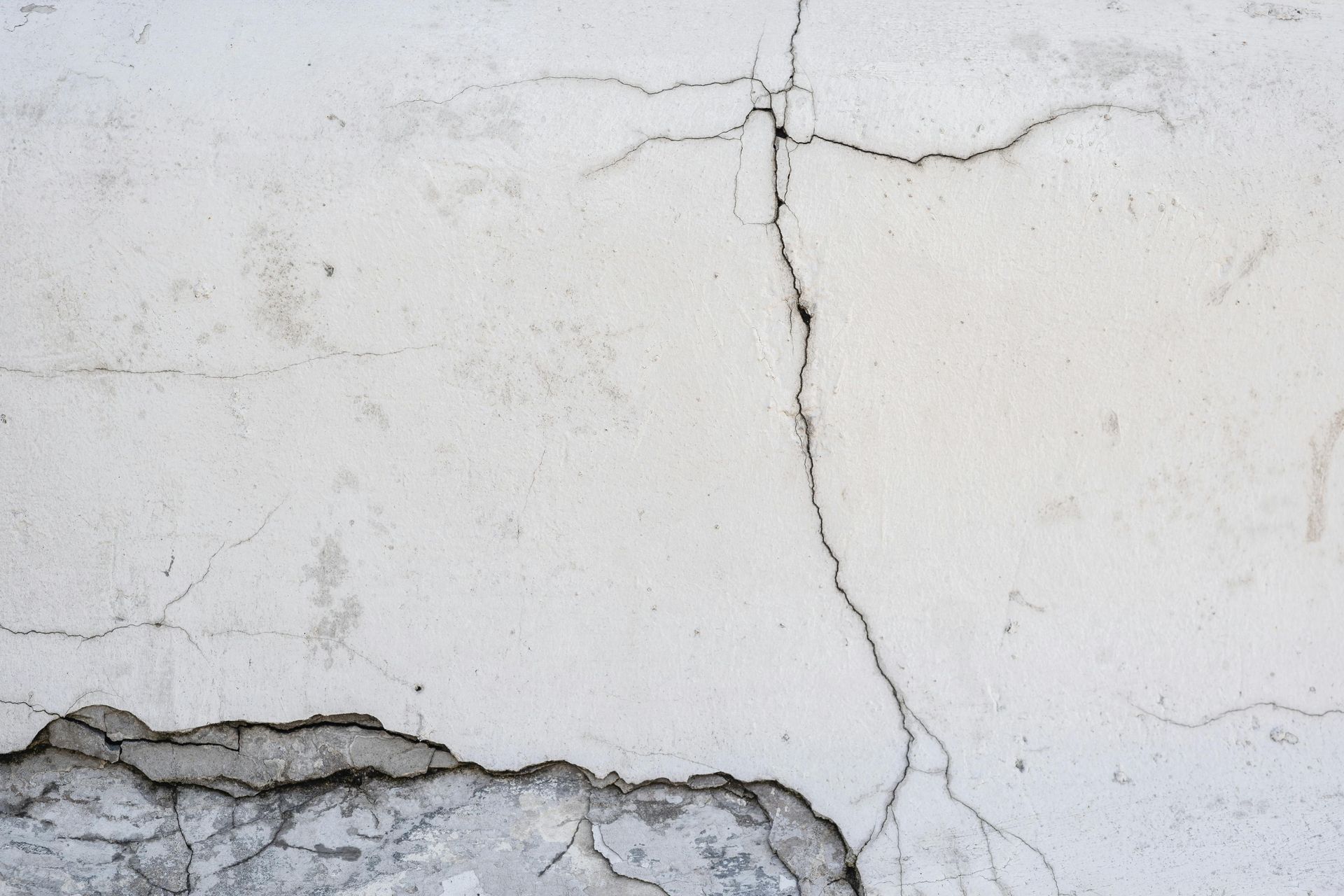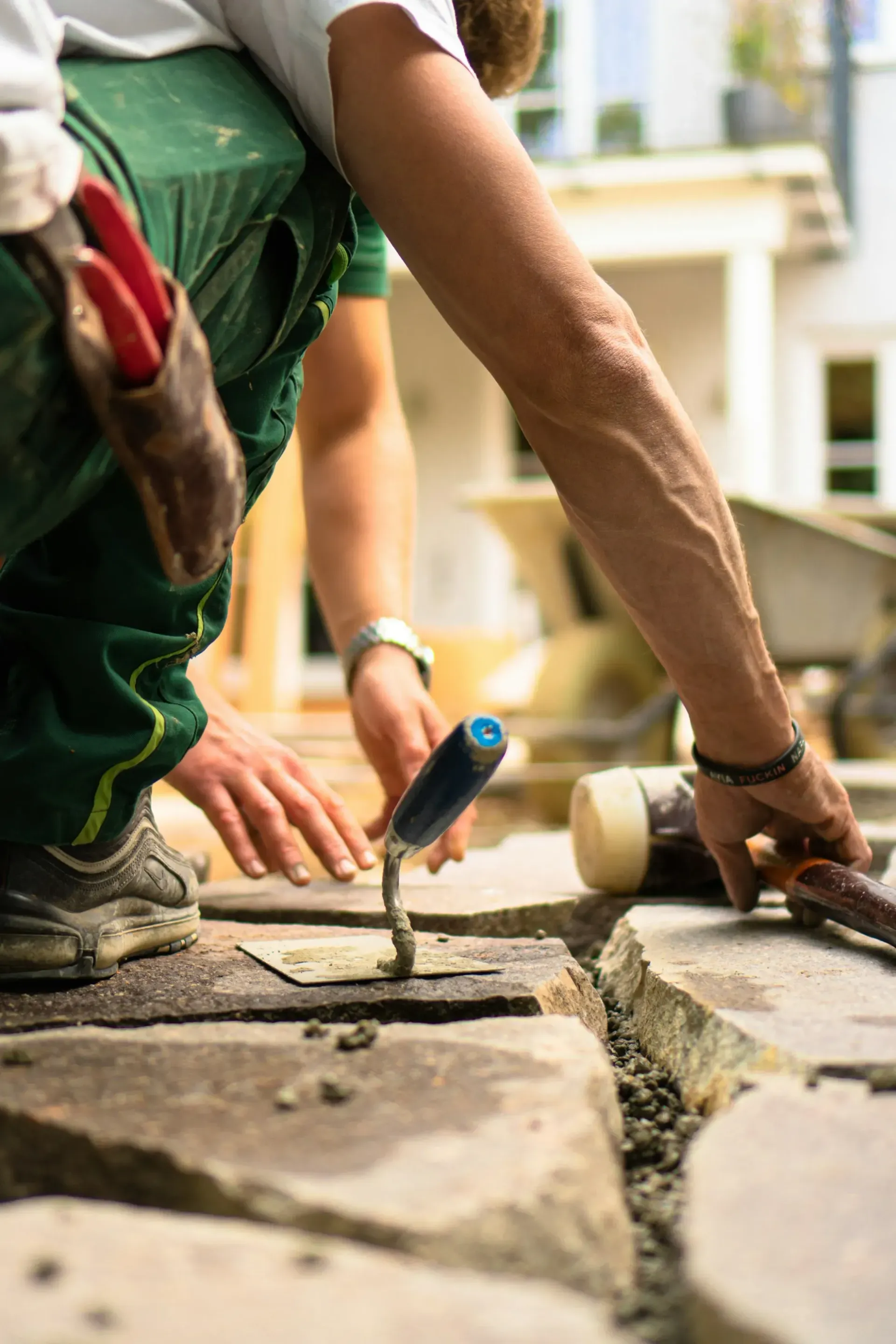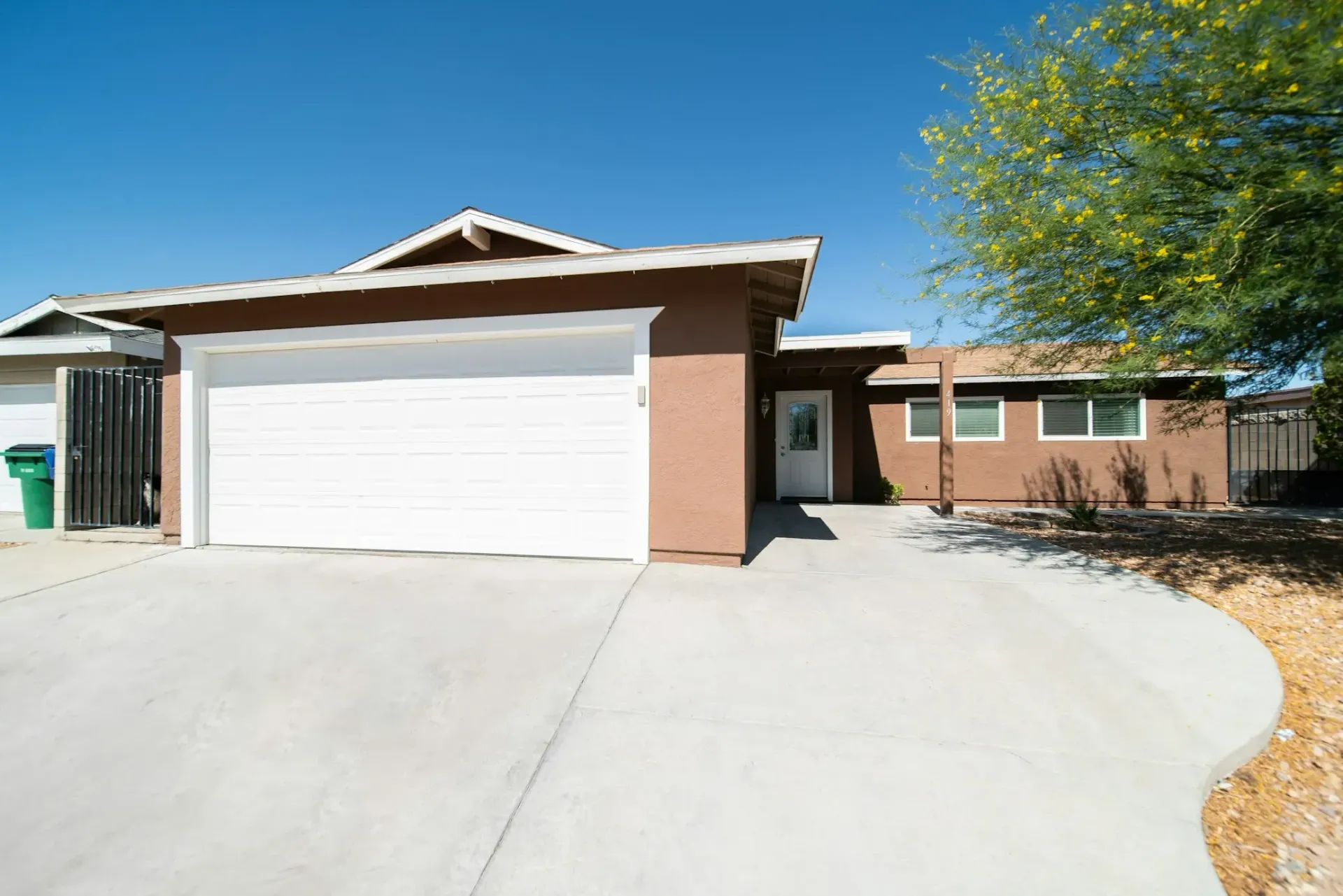Concrete Driveway Maintenance Tips
Essential Maintenance Tips for Your Concrete Driveway

A well-maintained concrete driveway extends its lifespan and enhances property value.
This guide outlines essential maintenance tips including effective cleaning techniques, sealing, timely crack repair, and the use of appropriate products.
Following these tips not only prevents costly future repairs but also keeps the driveway looking its best year-round.
Regular Cleaning
Keeping your driveway clean is the first step in effective maintenance.
Remove dirt, leaves, and debris weekly using a broom or leaf blower.
For tougher stains like oil or grease, apply a degreaser followed by scrubbing with a stiff brush.
Rinse thoroughly with a hose.
For general cleaning, a mild detergent mixed with water works well; use a push broom to spread the mixture and scrub lightly before rinsing.
This regular cleaning prevents stain buildup and surface degradation, maintaining the driveway’s appearance and integrity.
Sealing the Surface
Sealing a concrete driveway is crucial for protecting it from weather, spills, and wear.
Choose a sealant based on your climate and the driveway's exposure to elements—acrylic sealers are great for UV protection, while epoxy or penetrating sealers offer stronger chemical resistance.
Apply sealant every two to three years; however, check annually for areas that may need touch-ups.
Clean the driveway thoroughly and ensure it's dry before applying the sealant with a roller or sprayer.
This not only enhances the driveway’s durability but also maintains its fresh appearance.
Addressing Minor Cracks Promptly
Promptly repairing minor cracks prevents them from expanding and causing significant damage.
Begin by cleaning the crack with a wire brush and rinsing it with water to remove debris.
For small cracks, apply a concrete crack filler according to the manufacturer's instructions and use a putty knife to smooth it out.
For cracks wider than 1/4 inch, consider a concrete patching compound, ensuring it's pressed firmly into the crack and leveled with the surrounding surface.
Regular inspections help catch cracks early, making repairs easier and extending the driveway’s service life.
Avoiding Harsh Chemicals
Harsh chemicals like de-icing salts and strong cleaners can damage the concrete surface over time.
Instead, opt for alternatives such as sand, kitty litter, or calcium magnesium acetate for ice and snow removal.
When cleaning, use mild detergents or specialized concrete cleaners that are non-corrosive and environmentally friendly.
Avoid using bleach or acidic cleaners as they can etch the surface and compromise its integrity.
By avoiding harsh chemicals, you preserve the appearance and structural integrity of your driveway for years to come.
Managing Water Drainage
Proper water drainage is essential for preventing water damage to your concrete driveway.
Ensure that the surrounding landscaping slopes away from the driveway to direct water away.
Install a trench drain or French drain if necessary to collect excess water and divert it away from the driveway.
Regularly inspect and clean drainage systems to prevent clogs and backups.
By managing water drainage effectively, you can prevent water from pooling on the driveway surface, which can lead to cracking and deterioration over time.
Monitoring for Unevenness and Settlement
Uneven surfaces and settling can significantly compromise the integrity of a concrete driveway.
These issues typically stem from improper soil compaction prior to pouring the concrete or from erosion of the underlying soil.
To spot early signs of unevenness, look for visible cracks or sections of the driveway that appear lower than others.
Homeowners can use a level to check for discrepancies across the surface.
For minor adjustments, self-leveling compounds may be sufficient, but significant settling often requires professional intervention.
Regular inspections, especially after heavy rains, can help catch these problems early, mitigating expensive repairs caused by unstable soil conditions.
Enhancing Aesthetics and Functionality
Concrete driveways don't have to be plain or purely functional.
Options like staining, stamping, or adding exposed aggregate offer aesthetic enhancements that elevate property curb appeal.
However, these decorative choices require specific maintenance strategies to retain their beauty.
For stained concrete, periodic sealing is crucial to prevent color fading and water damage.
Stamped surfaces benefit from regular cleaning and the application of a high-quality sealer to maintain their intricate patterns.
Additionally, homeowners considering functional upgrades such as borders or pathways should factor in their potential to alter water drainage patterns and maintenance needs.
These enhancements not only improve appearance but also increase usability and durability when maintained correctly.
Conclusion
Effective maintenance is key to extending the lifespan and maintaining the aesthetic appeal of your concrete driveway.
Adhering to a regular maintenance schedule, which includes timely cleaning, sealing, and prompt repair of cracks, will protect your driveway against weather elements and wear.
Additionally, addressing any signs of unevenness promptly and exploring aesthetic enhancements not only preserves the structure but also boosts your property's visual appeal and market value.
Call to Action
Looking for top-tier concrete services in Abbott, Alda, Chapman, Grand Island, or Phillips?
Choose Maine Street Concrete for unmatched expertise and reliability. Whether you need a durable new driveway, an inviting walkway, a stylish patio, a practical sidewalk, or a robust retaining wall, we have you covered.
Connect with us today to elevate your property with our premium concrete solutions. Let's transform your vision into reality—contact Maine Street Concrete now to set up your consultation!
Frequently Asked Questions
Q1: How often should I seal my concrete driveway?
To preserve your driveway's integrity and appearance, apply sealant every two to three years. Follow the specific guidelines provided by the sealant manufacturer for the best results.
Q2: What are the signs that my driveway needs repair?
Detecting early signs of damage such as cracks, spalling (flaking or peeling of the surface), or unevenness is crucial for timely repairs to prevent deterioration.
Q3: Can DIY crack repair be as effective as professional services?
DIY crack repair kits can be effective for minor, non-structural cracks. For extensive damage, professional evaluation and repair are recommended to ensure long-lasting durability.
Q4: How do I remove oil stains from my concrete driveway?
To remove oil stains, apply a commercial degreaser or a mixture of baking soda and dish soap. Scrub the stain with a stiff brush and rinse thoroughly with water to clean the surface.
Q5: Are pressure washers safe to use on concrete driveways?
Pressure washers are safe for cleaning concrete driveways if used properly. Avoid high pressure that can damage the concrete surface, and follow manufacturer guidelines for the best results.


